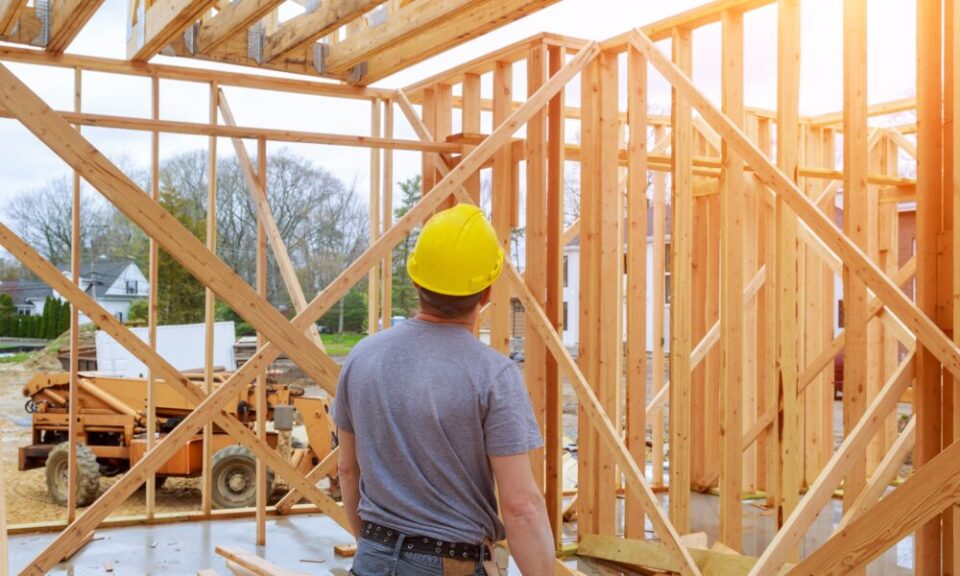Whether you’re buying a new property of your existing home, a building inspection is essential. The question yourself (DIY) inspection or hire a professional? Both options have their advantages and the choice depends on your skill level, time availability, and the importance of the inspection to you.
DIY building inspections the pros
- Cost savings– The primary advantages of conducting a DIY building inspection is cost savings. Professional inspectors typically charge fees ranging from a few hundred to over a thousand dollars, depending on the size and complexity of the property. By doing it yourself, you avoid these costs entirely.
- Convenience – With a DIY inspection, you have the flexibility to schedule the assessment at your convenience, coordinating with a professional’s availability. This be particularly useful if you’re working on a tight timeline or have specific time constraints.
- Hands-on learning experience– Conducting a DIY building inspection be an excellent learning experience, especially if you’re interested in acquiring or improving your home maintenance skills. You’ll gain a better of the various components of a building, which be valuable knowledge for future repairs or renovations.
DIY building inspections the cons
- Lack of expertise-Unless you have extensive experience or training in building inspections lack the necessary expertise to identify and assess potential issues accurately. Professional inspectors undergo specialized training and of experience to spot problems overlooked by an untrained eye.
- Limited access– Certain areas of a building, such as attics, crawl spaces, or rooftops, or dangerous for a DIY inspector to access safely. Professional inspectors have the proper equipment and training to inspect these areas thoroughly and without risk.
- Liability concerns– If you miss a significant issue during your DIY inspection and later discover a costly problem for any resulting damages or repairs. Professional inspectors, on the other hand, typically carry liability insurance to protect both themselves and their clients check for more information here vitalbuildinginspection.com.au.
- Time-consuming– Conducting a comprehensive building inspection are a time-consuming process, especially if you’re unfamiliar with the process. It may require extensive research, careful observation, and diligent note-taking. Professional inspectors have streamlined procedures and often complete inspections more efficiently.
DIY and professional building inspections
- Your skill level and experience- If you have little to no experience in building inspections or construction, a professional inspection may be the safer choice. However, if you have relevant knowledge and feel confident in your abilities, a DIY inspection could be a viable option.
- The purpose of the inspection– If the inspection is for a high-stakes situation, such as purchasing a new property or assessing potential structural issues, it’s generally recommended to hire a professional. Their expertise and liability protection provide valuable peace of mind.
- Time constraints- If you’re working under tight time constraints or have limited availability, a professional inspection may be more efficient and convenient.
- Budget- Consider your budget and weigh the potential cost savings of a DIY inspection against the added value and protection offered by a professional service.
- Legal Requirements– In some areas, certain types of inspections (e.g., for real estate transactions) may require a licensed professional inspector. Check local regulations to ensure compliance.

